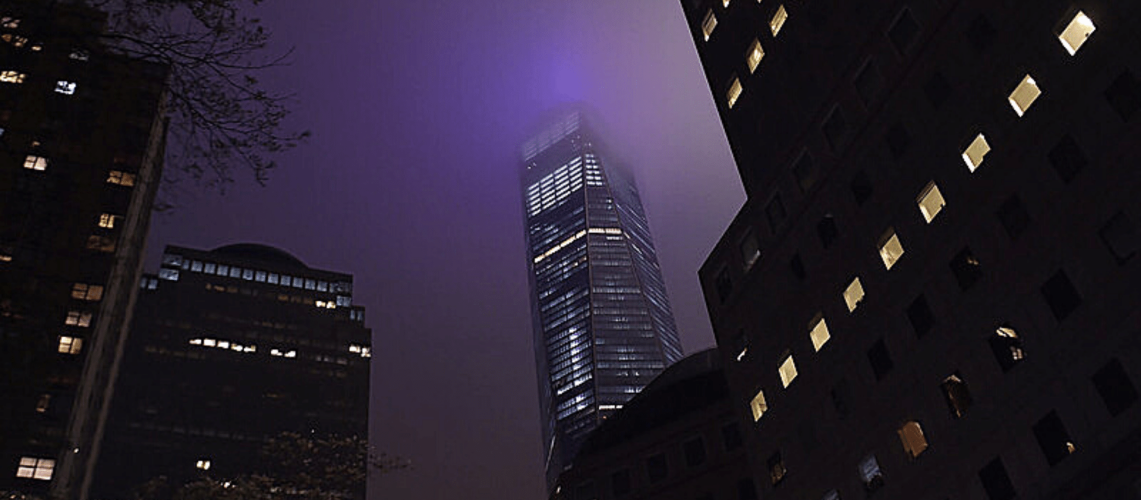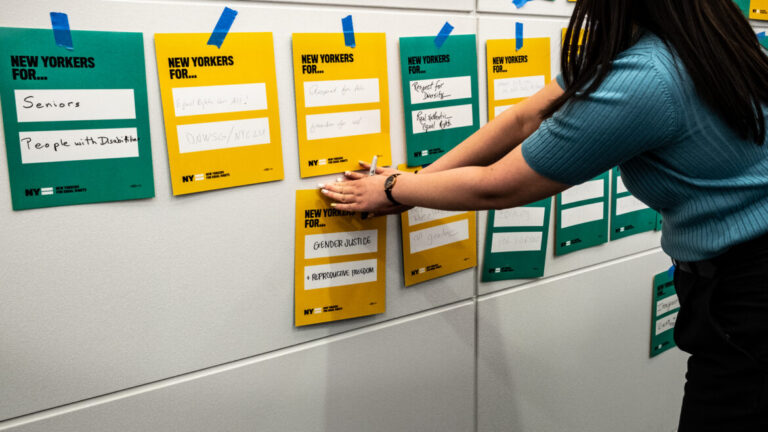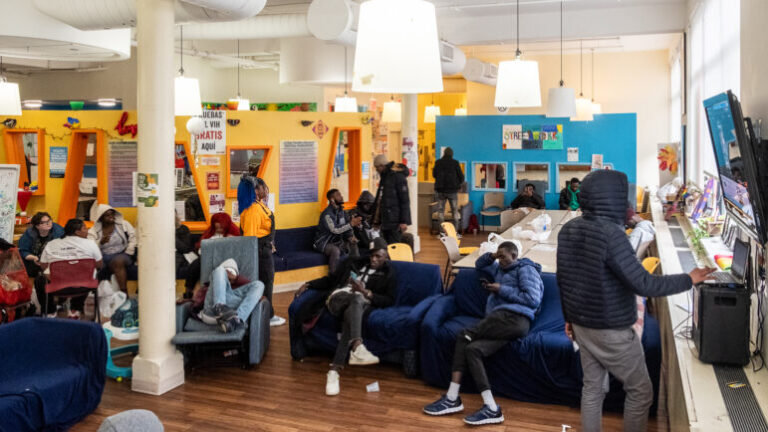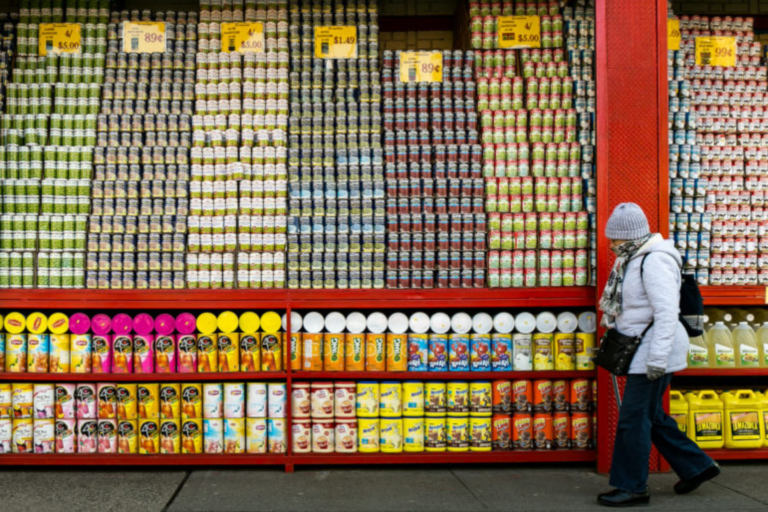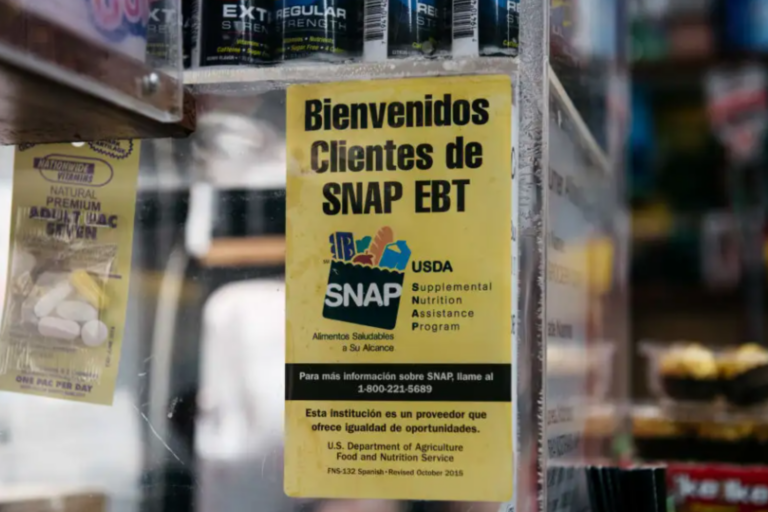By Micah Horwitz
GothamGazette
Over the past three months, our lives have come to depend almost entirely on technology. Canceled your wedding? Get married on Zoom! Want to introduce a new baby to the family? FaceTime them. Technology has allowed us to stay virtually connected when we are more physically disconnected than ever due to COVID-19.
But for domestic violence survivors, technology can be a double-edged sword. It can connect them to help, but it can also become a dangerous tool in the hands of their abuser.
As with everything else, the New York City Family Courts have gone almost entirely virtual. Emergency filings, like for an Order of Protection, are now done by email and cases are heard over the phone. But instructions on where and how to file change frequently, are not publicly available, and are confusing even for attorneys like myself. If you can figure out how to file, emergency petitions require consistent telephone and often internet access: Survivors spend potentially hours on the computer writing their petition, on the phone with an attorney, waiting for the court to call their case, and being heard by the judge.
Accessing those resources—time, space, internet, phone—is exceedingly complex for survivors who are still living with their abusers. Understanding this dilemma, the New York State Office for the Prevention of Domestic Violence unveiled a new chat service, which allows survivors to text 24/7 with domestic violence specialists. This might help connect people with other services and inform them about their rights, but it still assumes access to reliable internet or phone service and that the survivor’s phone is not being monitored by their abuser.
The circumstances can be even worse for survivors with limited means, and according to the National Network to End Domestic Violence, economic abuse occurs in 99% of domestic violence cases. The number of people experiencing poverty is also likely to grow as we face what the International Monetary Fund is predicting will be the worst economic downturn since the Great Depression.
Indeed, despite indications that domestic violence is on the rise, many organizations, including the New York Legal Assistance Group (NYLAG), where I am a Staff Attorney, have experienced a paradoxical decrease in hotline calls and cases. In Queens, the New York Times reported that domestic violence arrests have fallen nearly 40 percent. Why? While data is scarce, our experience suggests that this is because the few resources that are still available for abuse survivors are difficult if not impossible for those living with their abusers and/or in poverty to access.
Instead of accepting this as the status quo, we need to build a system that actually works for survivors—both for the duration of this crisis and for the next one.
I suggest a two-pronged approach. First, to truly keep survivors safe, everyone needs access to free basic internet, free basic cell phone services, and free mental health services. These are lifelines. The tragic truth is that domestic violence too often leads to death. Survivors need to be able to call not only 911 and 311, but the courts, the Family Justice Centers, and legal service providers like NYLAG. They need to be able to make these phone calls even when their abuser cuts them off financially. Even when they are experiencing poverty and can’t pay their phone or internet bill.
Research indicates that financial abuse occurs in 99% of domestic violence cases. Abusers often cut off their partner’s access to essential resources–like money, phone, and internet–in moments when they feel their partner is most likely to seek help. If everyone has access to free phone and internet, no one is dependent on an abusive partner to contact the courts, attorneys, or social workers.
But providing these basic services does not solve the entire problem because it still excludes those who are living with their abusers and those whose abusers are monitoring their devices. We also need to engage with people in the spaces we all still inhabit.
Most of us still go to grocery stores, bodegas, pharmacies, hardware stores, banks, and hospitals. Signs in the predominant languages of each neighborhood could be posted with instructions on how to access these resources. Staff in these places could be trained to provide information to those who need it. Police precincts could provide safe, clean spaces for survivors to take phone calls with their attorneys or the courts.
Now is the time to enact these changes to ensure that every resident of our city has a basic safety net under both ordinary and extraordinary circumstances.
Originally published in GothamGazette on June 9, 2020.

